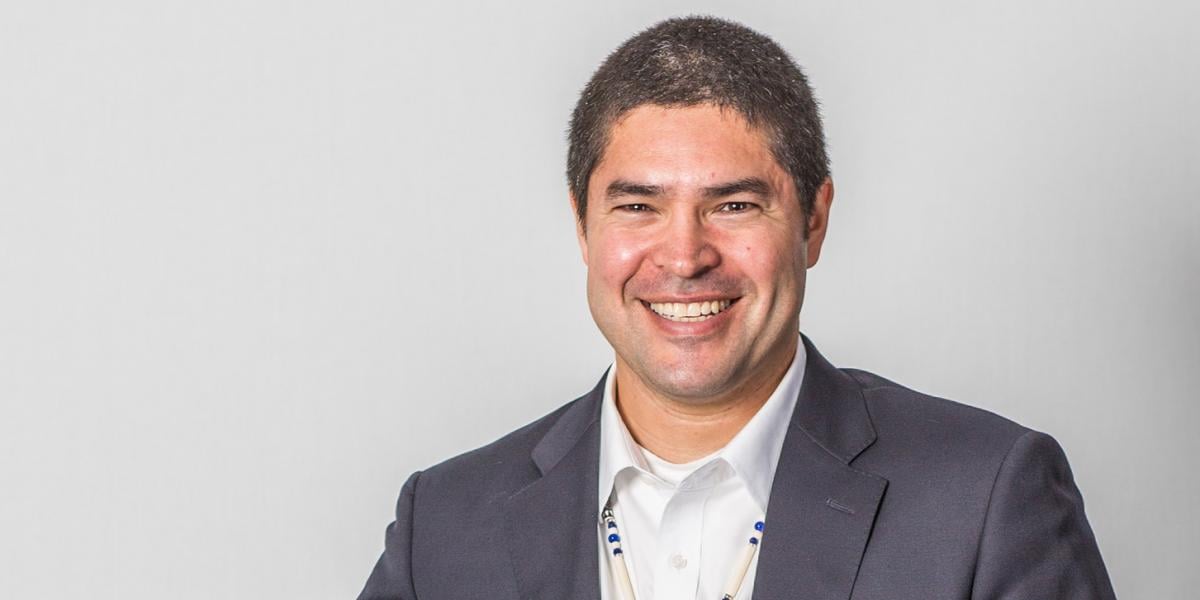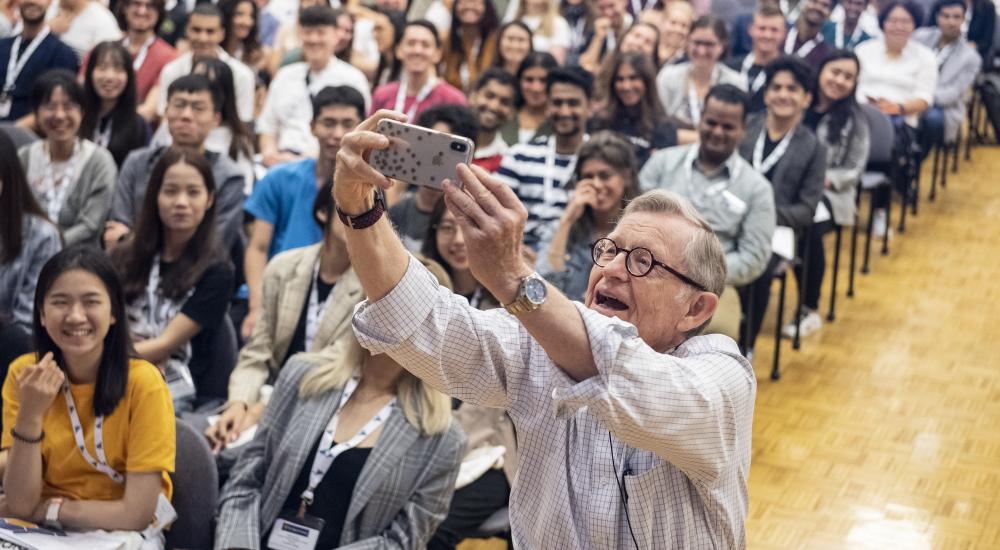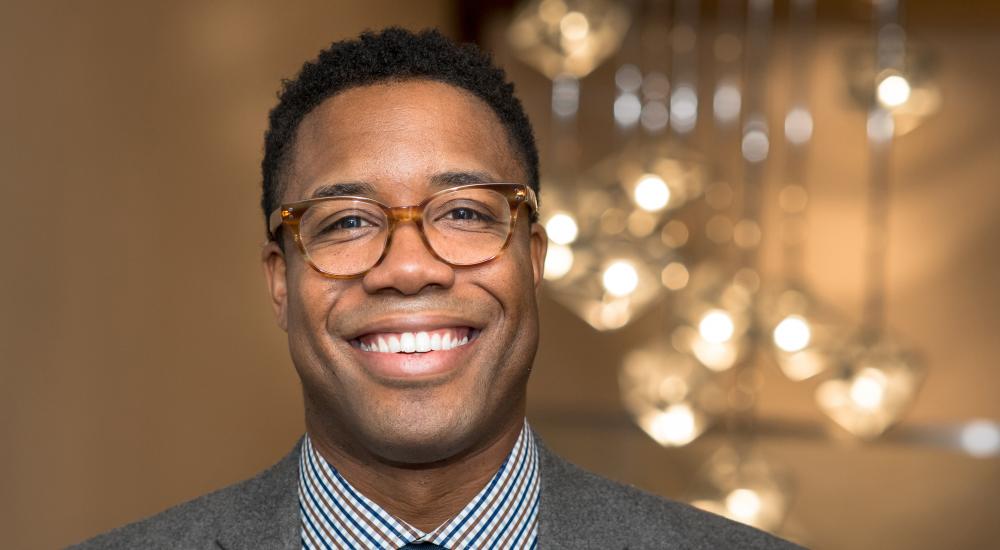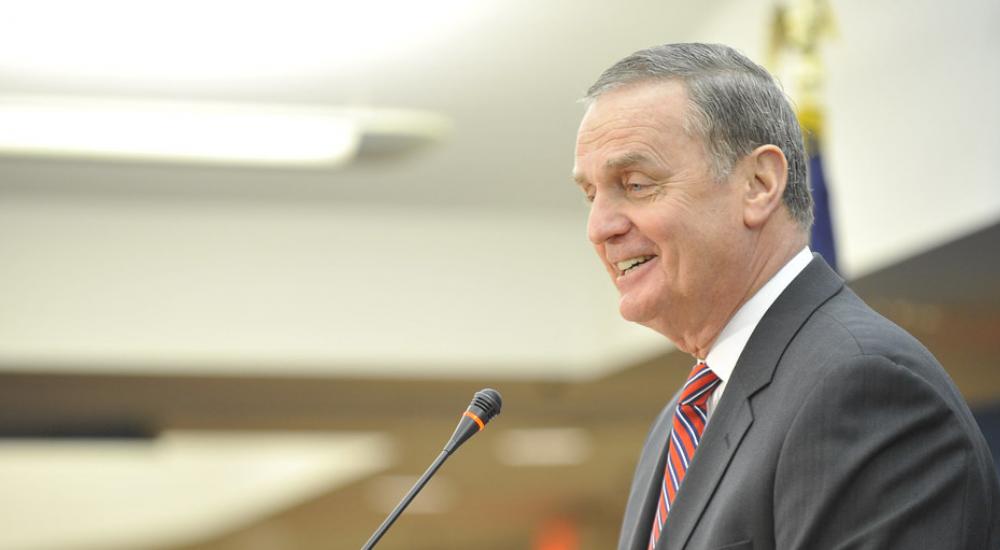Evon Peter: Championing Native and Indigenous Programs

As vice chancellor for rural, community, and Native education at the University of Alaska-Fairbanks (UAF), Evon Peter oversees UAF’s portfolio of programs focused on Native and indigenous studies as well as support services for Native and rural students.
Peter first came to UAF as a student in the early 1990s from Arctic Village (Vashrąįį K’ǫǫ) in northern Alaska and is now a core member of the institution’s leadership team. A member of the Gwich’in tribe, he was the first generation of his family to mainly speak English. Peter’s engagement in international networks and collaboration includes the Arctic Council, University of the Arctic, and the World Indigenous Peoples Conference on Education.
Peter spoke with International Educator about UAF’s quest to become a global leader in Alaska Native and indigenous programs at a time of state budget cuts for higher education, how UAF is documenting and revitalizing indigenous languages, and the need to promote indigenous leadership in the circumpolar North.
UAF has a dedicated commitment to Alaska Native and indigenous programs. Can you tell us about how that intersects with global programs at the university?
One of our chancellor’s top priorities is to solidify global leadership in Alaska Native and indigenous programs. He’s recognized the importance of the set of programs we’ve developed over the last 4 decades that has focused on indigenous studies and Alaska Native student support and success.
We are the largest producer of Arctic research in the world, as far as publications and citations. While we’ve been facing some [budget]














